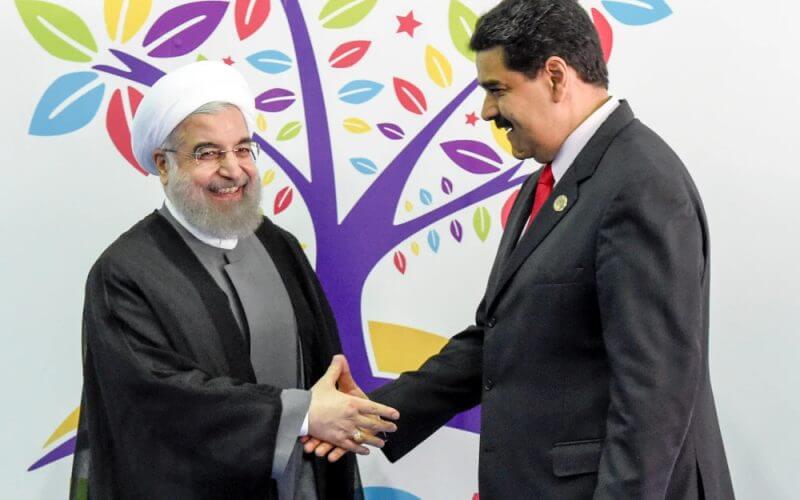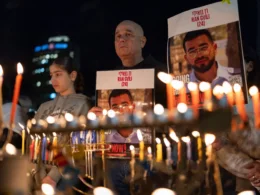The government of Venezuela has allowed the Islamic Republic of Iran to use one million hectares of its farmland for cultivation, according to Iranian officials. The latest development from Tehran announced by the Iranian state-run outlet Tasnim News Agency, comea as the two countries recently signed a 20-year cooperation plan during President Nicolas Maduro's visit to Iran, boosting bilateral ties through economic, scientific, agricultural, and military sectors.
Speaking to the Iranian state-run outlet, the Islamic Republic's Deputy Interior Minister for Economic Affairs, Mohsen Kousheshtabar, highlighted the new value that the products and services provided by domestic-based companies would create in countries friendly with Iran. According to Kousheshtabar, the Venezuelan government has provided Iran with one million hectares for cultivation while the world is dealing with the shortage of strategic food reserves, given the Russian-Ukraine invasion. The Interior Minister stated that the regime's extra-territorial cultivation operation reveals that Tehran has become capable of reaching elevated levels of scientific exchange other governments are reaching out to the Islamic Republic.
Last week, Iranian officials officially announced the agreement, stating that Venezuela can provide more opportunities than Brazil and Russia for Iranian overseas agricultural projects like growing crops of soybeans and corn. Some experts inside and outside Iran argue that Iranian investment in the production of crops like corn and soybeans in Venezuela is not economically viable because of the long distance between the two allies and the prohibitive cost of transportation.
Other experts say that one of the biggest advantages of overseas cultivation in Venezuela allows the Islamic Regime to preserve its water resources. According to reports, Iran's agriculture uses around 85 percent of all available water resources, contributing to the country's food insecurity, which has been a big concern for Iran's Supreme Leader Ali Khamenei and President Raisi, both of whom have advocated for agricultural self-sufficiency. In several state speeches, the Supreme Leader argued that Iran must become self-sufficient in producing wheat, rice, and other crops.
Foreign policy and national security analysts point out that this latest action by the Venezuelan government has allowed Iran to gain not just a presence in South America but put Iran closer to the United States’ southern border.
For the past several years, Iran and its terrorist proxy Hezbollah have increased their presence in Venezuela, Columbia, Argentina, and other parts of South America, engaging in arms smuggling, terrorism, drug smuggling, human trafficking, and other activities.
In June, President Maduro, and Iranian President Ebrahim Raisi met in Tehran to discuss how to grow the bilateral relationship between both governments. Both discussed issues, including how to help each other out as Western countries continue to sanction Iran and Venezuela. While both governments are ideologically opposite, the two rogue regimes share a common enemy in the U.S. Over the years, the Islamic Revolutionary Guards Corps (IRGC) have engaged in economic transactions with Venezuela, transporting refinery material, oil, and military equipment.
While the international community has condemned Iran and Venezuela's transactions, many have enacted little or no economic sanctions against the two countries, given that Western nations rely on oil exports from Iran and Venezuela. Currently, the U.S. is engaging with Iranian officials over the regime's nuclear program, with American officials heavily considering granting Iran sanctions waivers on its oil economy.
As the economic and political situation in both countries continue to deteriorate and both regimes face protests from ordinary citizens, government officials in Iran and Venezuela hope that the new 20-year agreement and its measures will cure some of the growing economic problems. However, some experts argue that the latest development for Iran will only support those close to Raisi and Khamenei, providing the regime with added resources to stabilize itself.









